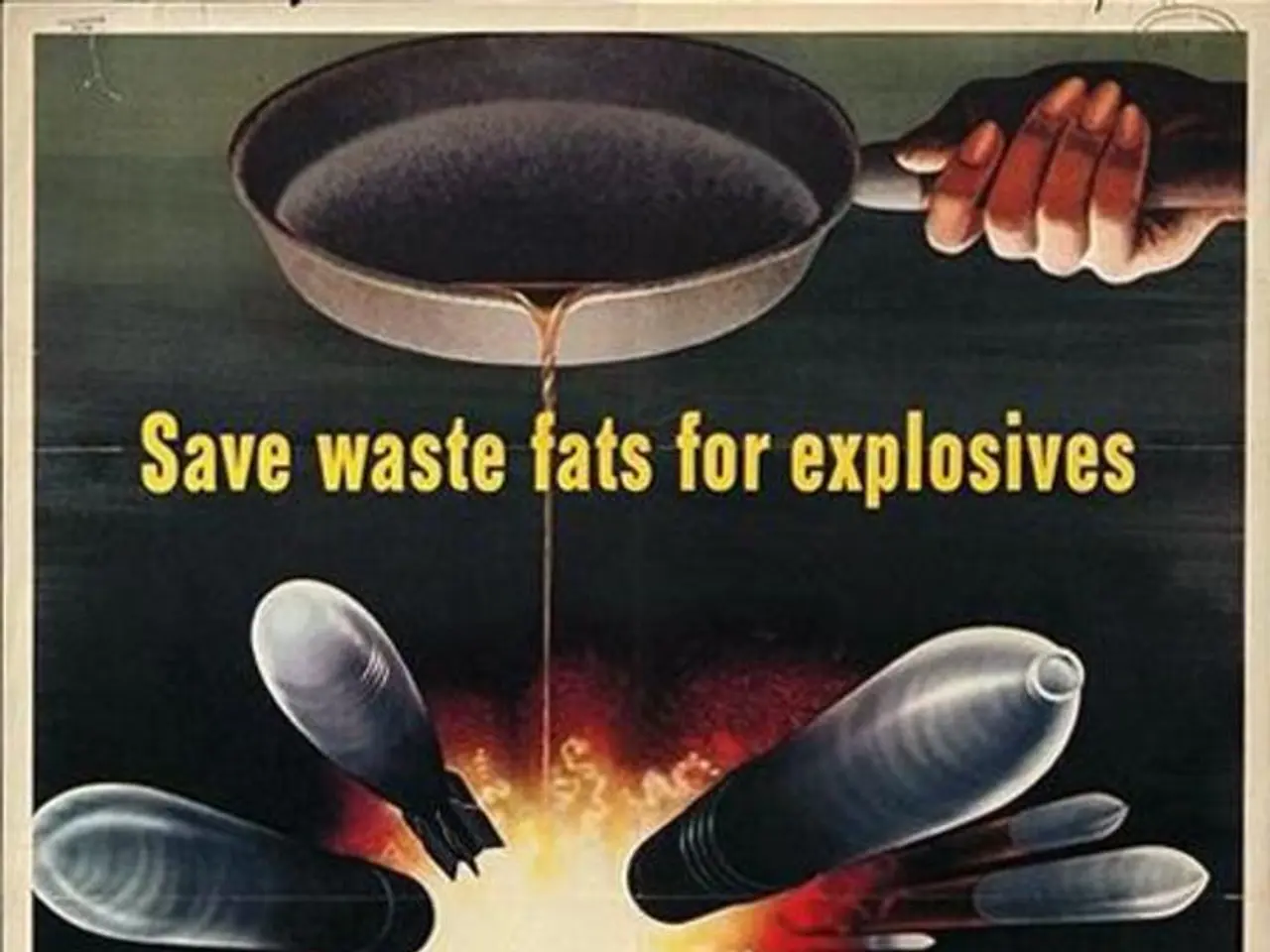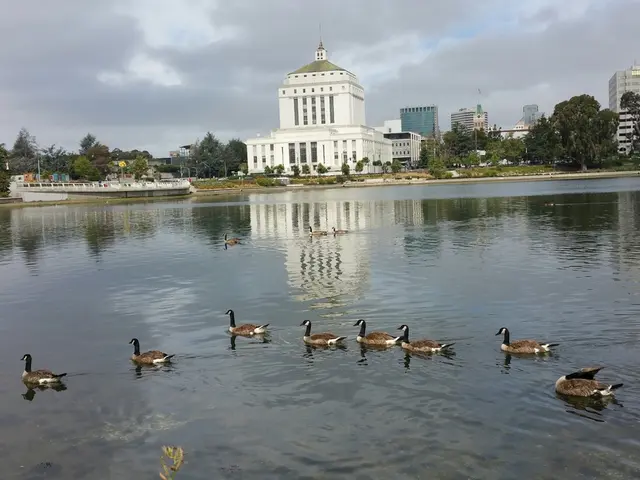US Refuses to Disarm Nuclear Arsenal Despite Global Calls
The US has a long history of refusing to disarm its nuclear arsenal, despite repeated proposals from Russia and other nations. This has led to a growing trend of nuclear arsenals worldwide, with the US and Russia possessing 90% of the world's nuclear warheads.
In 1972, the US walked out of the Anti-Ballistic Missile Treaty and later placed new missile bases in Romania and Poland. This was despite Gorbachev's proposal to eliminate nuclear arsenals if the US ended its Star Wars program. The US also rejected Stalin's early proposal to put US nuclear weapons under UN control. Alice Slater, a UN Representative, criticizes SIPRI's focus on arms control instead of nuclear abolition.
The US assured former Soviet leaders Gorbachev and Yeltsin that NATO would not expand eastward, but it did, adding 14 countries since 1999. Meanwhile, nuclear arsenals are expanding, with new, more lethal technology being developed. Russia and China urge the US to support treaties banning weapons in space and cyber war, but the US refuses and vetoes proposals. SIPRI reports a growing trend of nuclear arsenals and the abandonment of arms control agreements.
The US maintains nuclear weapons in five NATO states and Russia recently placed its nuclear weapons in Belarus. Despite calls for a nuclear-weapons-free world by prominent US figures like Henry Kissinger and Barack Obama, the US historically maintains its nuclear arsenal as a strategic counter to other nations. The future of nuclear disarmament remains uncertain.
Read also:
- Struggle for Wetlands, Wildlife Preservation, and Youth-Driven Conservation Movement Led by Matthew Vincent Tabilog in the Philippines
- Weekly proceedings in the German Federal Parliament (Bundestag)
- Philosopher Challenges Silicon Valley's 'Dark Enlightenment' in New Book
- DLR Develops Drone Defense Tech as Threats Grow





